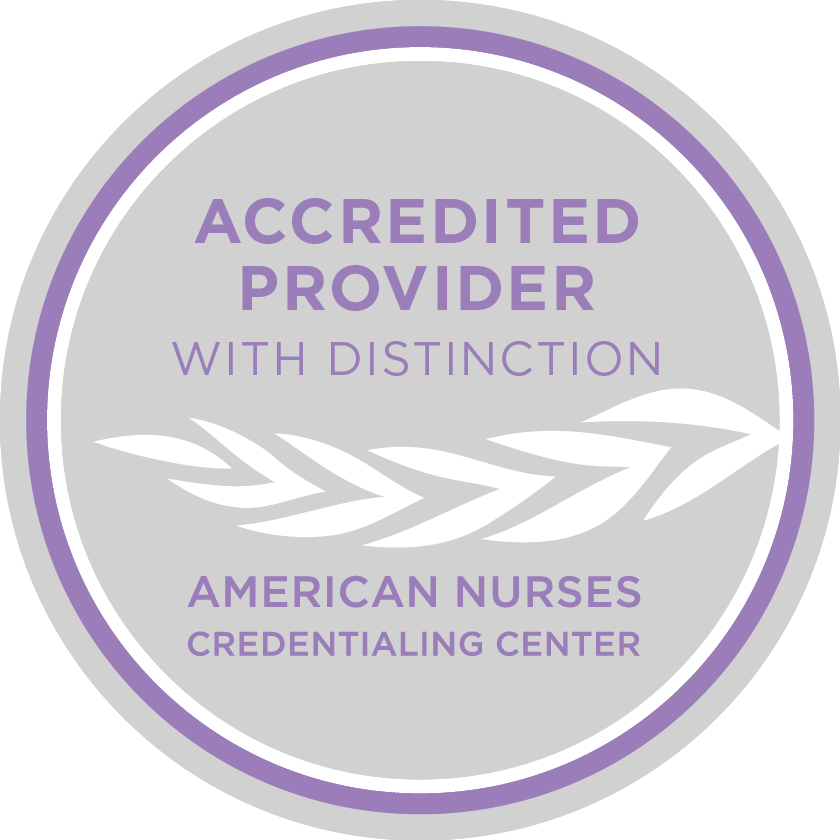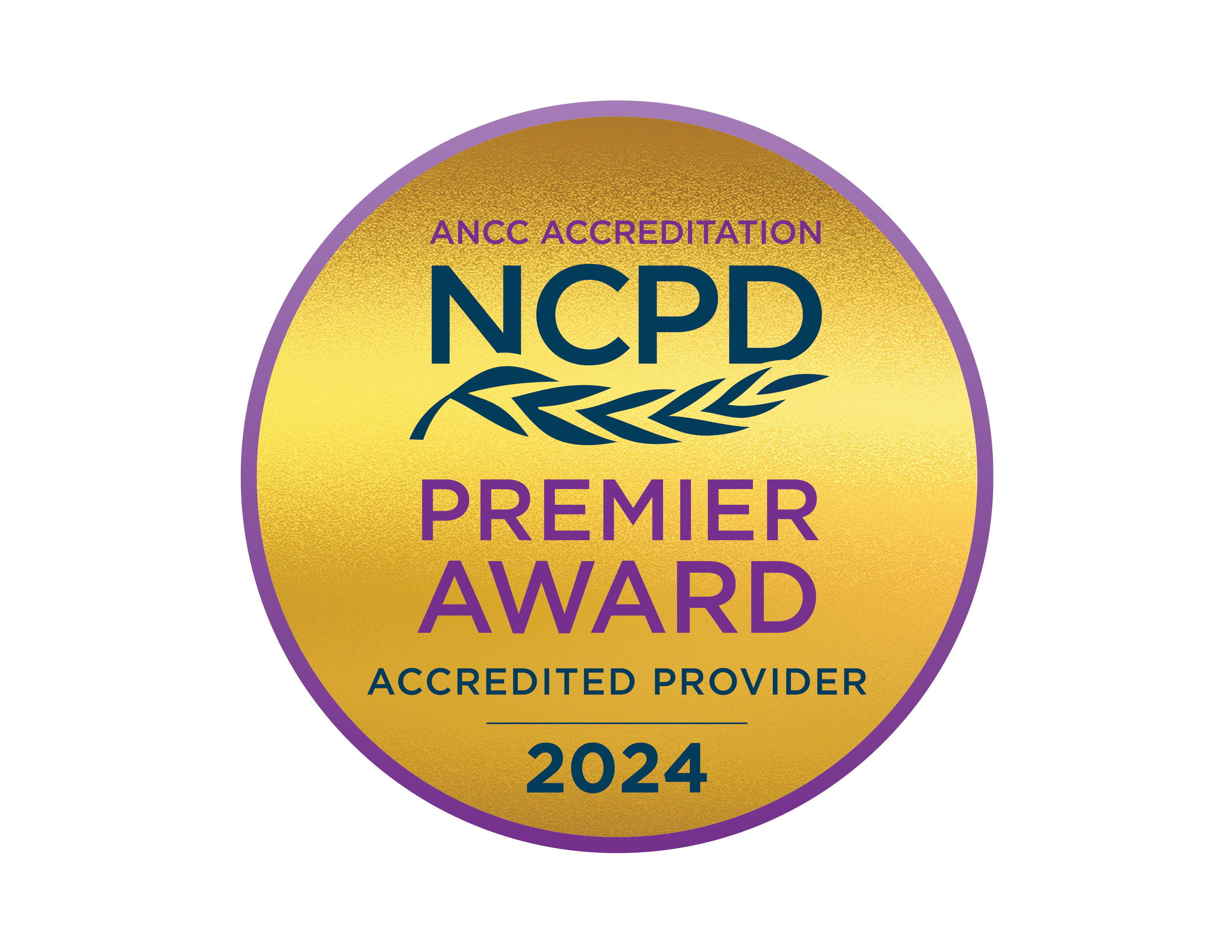End-Tidal CO2 Monitoring
Discover how end-tidal carbon dioxide (ETCO2) monitoring provides critical insights into a patient’s condition and early detection of clinical deterioration. Come learn the essential knowledge every nurse needs to deliver the best patient care with this vital intervention!
Course Details
Overview
In this article, you'll discover the vital role of end-tidal carbon dioxide (ETCO2) monitoring—a noninvasive technique that offers critical insights into a patient’s metabolism, perfusion, and ventilation by measuring exhaled CO2. Learn how ETCO2 monitoring can be vital in early detection of clinical deterioration, especially concerning cardiac output and pulmonary blood flow, across various clinical settings. You'll gain valuable knowledge on the Why, When, and How of ETCO2 monitoring, equipping you to deliver the best possible patient care.
Key Learning Outcomes
- Explain various clinical scenarios where ETCO2 monitoring is crucial
- Recognize the advantages of ETCO2 monitoring over pulse oximetry
- Understand the limitations of ETCO2 monitoring and the importance of other monitoring techniques such as arterial blood gas analysis
Presented by:
By Sinead Donnelly Hellings, MSN, RN, CEN; Jessica Fuller, DNP, RN, CCRN, NE-BC; and Stephanie Maillie, MSN, RN, CCRN, CCNS, CSSYB
The authors work at the Hospital of the University of Pennsylvania in Philadelphia. Sinead Donnelly Hellings is a clinical practice lead, Jessica Fuller is director of nursing practice, and Stephanie Maillie is a clinical nurse specialist for quality.

